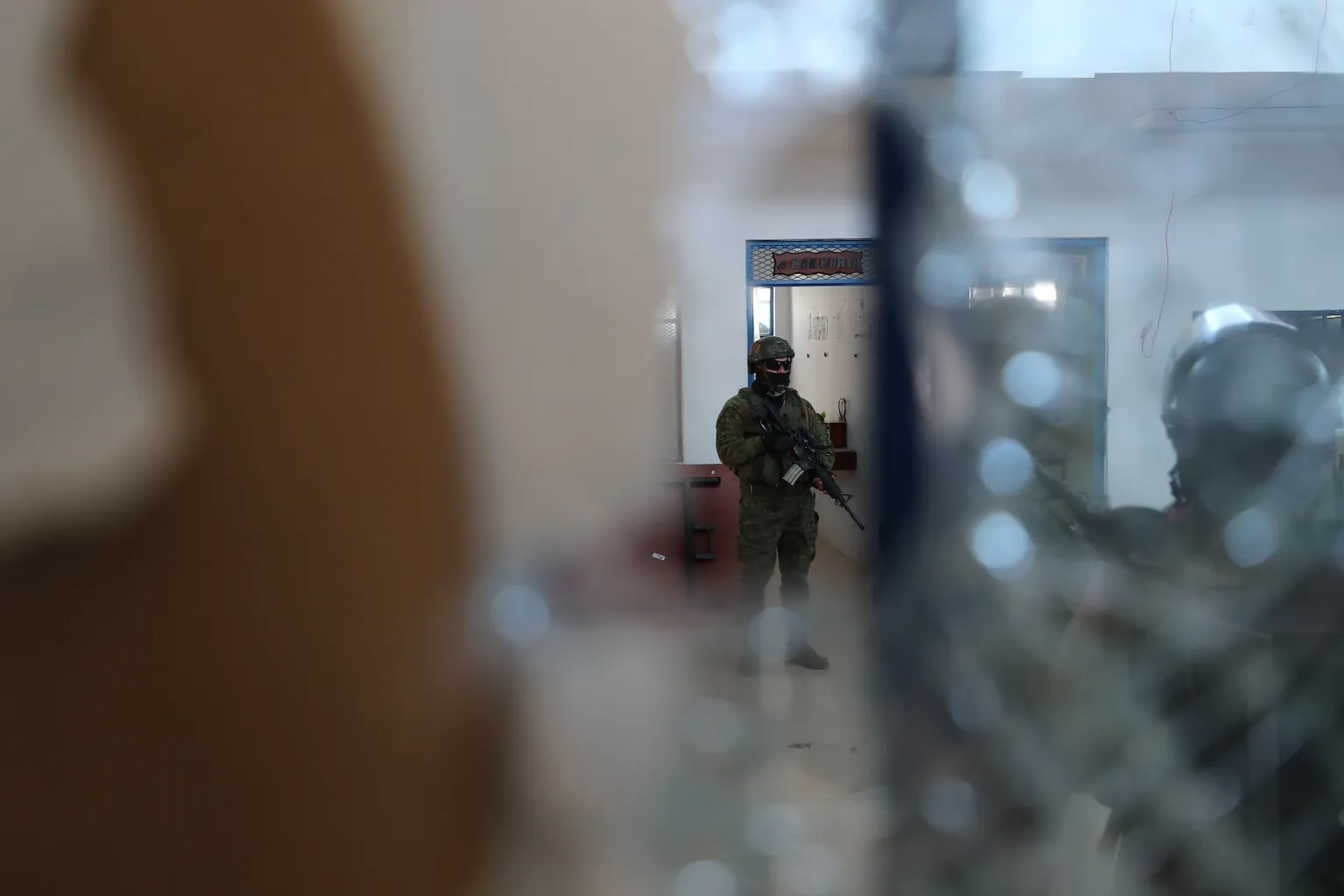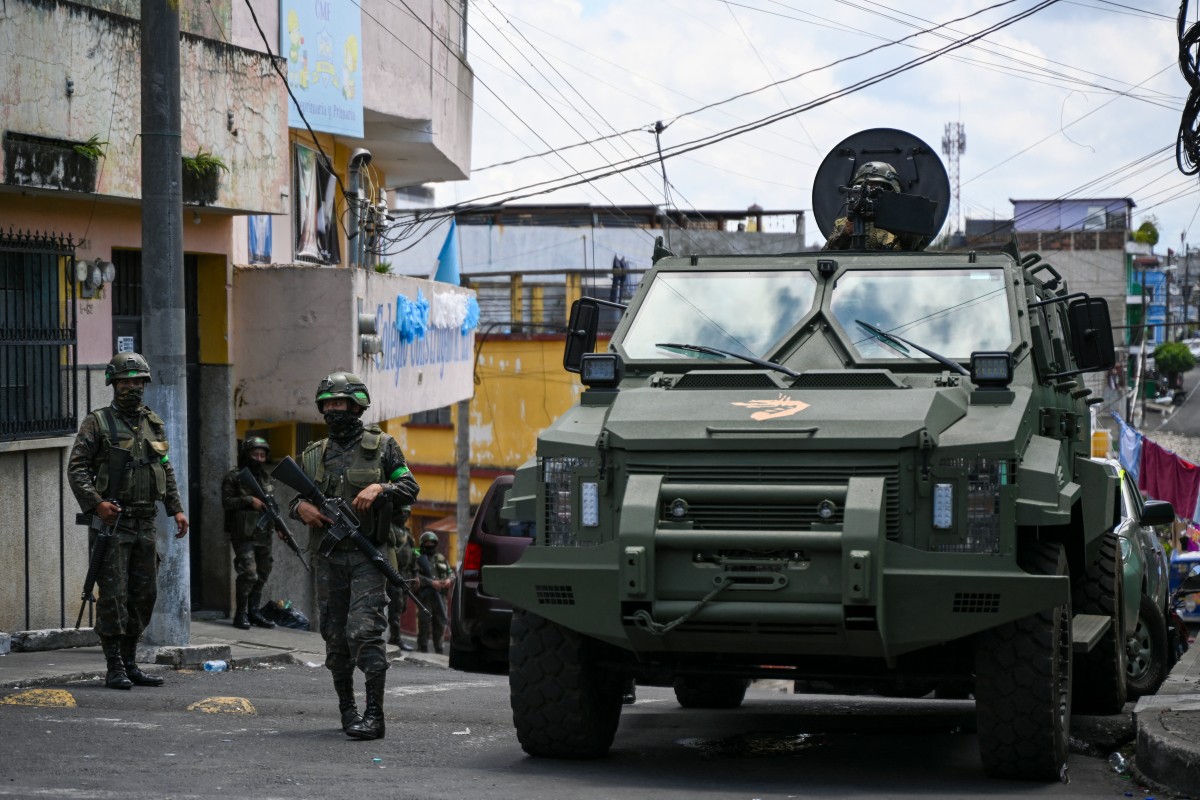Sin categoría
Springboks captain Kolisi scores in winning debut for Sharks

AFP/Editor
Springboks captain Siya Kolisi scored a try as he made a winning debut Friday for the Sharks, who trounced fellow South African franchise the Bulls 45-12 in a warm-up match for the Rainbow Cup.
The 29-year-old flanker, who led South Africa to victory over England in the 2019 Rugby World Cup final in Japan, moved to the Sharks last month after 11 years with his only previous team, the Western Stormers.
It took Kolisi only 16 minutes to add his name to the scoresheet as he completed a sweeping cross-field handling movement by evading two tacklers to give the Sharks a 14-point advantage.
That lead had stretched to 19 points after 51 minutes at a sodden Kings Park stadium in Durban when Kolisi was substituted as the Sharks rang the changes to give the bench meaningful game time.
Although Kolisi has been the national skipper since 2018, when he became the first black Test captain of South Africa, the Sharks will continue to be led by Springboks centre Lukhanyo Am.
The Rainbow Cup kicks off on April 24 and will feature the 12 Pro14 teams from Ireland, Wales, Scotland and Italy plus the Bulls, Sharks, Lions and Stormers from South Africa.
Amid concerns that a third coronavirus wave could hit South Africa soon, none of the European teams will visit the republic.
There will be three rounds of South African derbies and the four franchises then play three matches each in Europe, provided they receive government approval and Covid-19 regulations permit them to travel.
The 16 sides have been divided into two pools and the winners of each will contest the final on June 19 — two weeks before the touring British and Irish Lions are due to play their first match in South Africa.
Sin categoría
Eight Killed in Series of Armed Attacks in Ecuador’s Manabí Province

At least eight people were killed in four separate armed attacks reported Sunday night in the cities of Manta and Montecristi, in Ecuador’s coastal province of Manabí, one of the areas hardest hit by the country’s escalating wave of criminal violence, local media reported on Monday.
The shootings occurred between 7:50 p.m. and 10:50 p.m. local time and affected several neighborhoods, as well as a family gathering, according to press reports. Police are investigating the incidents.
The first attack took place in the Los Artesanos sector of Montecristi, where a couple was shot dead in a public street.
Minutes later, in Manta’s 12 de Octubre neighborhood, a man was killed while sitting down. Police arrested a suspect at the scene and seized a 9mm magazine, authorities said.
A third incident occurred in the Bellavista area of Manta, when an armed assailant entered a home and shot a man during a family celebration. The attacker was captured by neighbors and sustained injuries.
The deadliest attack was reported at 10:50 p.m. in the Leonidas Proaño parish of Montecristi, where gunmen opened fire from two vehicles on a group of people, leaving four dead and five wounded.
According to Jaime Salgado, acting chief of the Manta Police District, officers recovered seven 7.62mm shell casings, consistent with rifle ammunition, and 14 .40-caliber casings at the scene.
With these killings, the Manta police district, a port and tourist area on Ecuador’s Pacific coast, has recorded 51 violent deaths so far in January 2026, according to official figures.
The attacks occurred amid a state of emergency declared by the government in December due to serious internal unrest in Manabí, where military operations have been intensified this month, particularly in high-conflict zones.
Sin categoría
El Salvador Launches Fourth Year of Ocean Mission to Protect Marine Ecosystems

El Salvador’s Ministry of Environment has launched the fourth consecutive year of “Ocean Mission,” a permanent strategy focused on the protection, restoration, and responsible management of marine ecosystems, linking conservation efforts from inland mountain ranges to the coastline.
During an event held at the Los Cóbanos Protected Natural Area, Environment Minister Fernando López highlighted the ecological, social, and economic value of the site, which is recognized as the country’s eighth wetland of international importance under the Ramsar Convention.
“We are in one of the most valuable natural treasures of our country, not only because of its beauty, but also due to the enormous ecological, social, and economic importance that Los Cóbanos holds for El Salvador,” López said.
The minister emphasized that this volcanic-origin ecosystem is home to coral reefs and key coastal-marine systems that serve as refuge, breeding, and feeding grounds for emblematic species such as sea turtles, cetaceans, and a wide diversity of fish.
“Protecting Los Cóbanos means protecting biodiversity, community livelihoods, the local economy, and our natural heritage,” López stated.
He also stressed that Ocean Mission goes beyond rhetoric, focusing instead on direct action framed within the National Environmental Education Policy. “We are not here to talk about environmental education; we are here to practice it,” he said, underscoring the guiding principle of moving from paper to action.
Sin categoría
Convicted gang member challenges Guatemala’s anti-gang law, citing Human Rights Violations

A member of a criminal gang currently facing sentencing for the crime of extortion has filed a constitutional appeal before Guatemala’s Constitutional Court against the recently approved and enacted Anti-Gang Law.
The appeal, submitted by Dylan Smaily Archila García, argues that the new legislation violates his fundamental human rights and claims there were procedural irregularities during its approval process, according to local Guatemalan media.
Archila García filed the motion just hours after the law took effect. The new legislation, passed by Guatemala’s Congress, increases penalties for crimes linked to gang activity and authorizes the construction of a mega-prison, modeled after El Salvador’s Center for the Confinement of Terrorism (CECOT).
Local outlets reported that in his petition, Archila García contends that the approval of the law did not comply with constitutional requirements and requests that the Court issue a ruling to annul the legislation, effectively halting its enforcement.
The appeal further claims that the Anti-Gang Law infringes on due process rights, as it allegedly fails to guarantee a fair criminal trial in which defendants can prove their innocence, undermining legal certainty and judicial security.
Through this legal action, the petitioner seeks to have the law suspended and ultimately struck down by the Constitutional Court, preventing it from being debated again in Congress.
-

 International5 days ago
International5 days agoU.S. Senate Rejects Budget, Bringing Government Closer to Shutdown Amid DHS Dispute
-

 Central America4 days ago
Central America4 days agoPanama Supreme Court Strikes Down Panama Ports Concession as Unconstitutional
-

 Central America4 days ago
Central America4 days agoU.S. and Guatemala Sign Trade Deal Granting Zero Tariffs to Most Exports
-

 International5 days ago
International5 days agoStorm Kristin Kills Five in Portugal, Leaves Nearly 500,000 Without Power
-

 International5 days ago
International5 days agoMan Arrested After Vehicle Crashes Into Jewish Institution in Brooklyn
-

 International5 days ago
International5 days agoTrump Says Putin Agreed to One-Week Halt in Attacks on Ukraine Amid Extreme Cold
-

 Central America2 days ago
Central America2 days agoCosta Rica Goes to the Polls as Voters Choose Continuity or Change


























